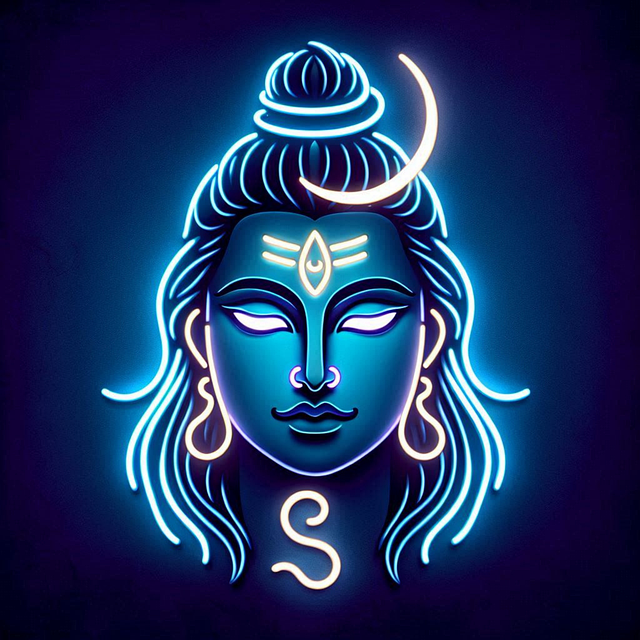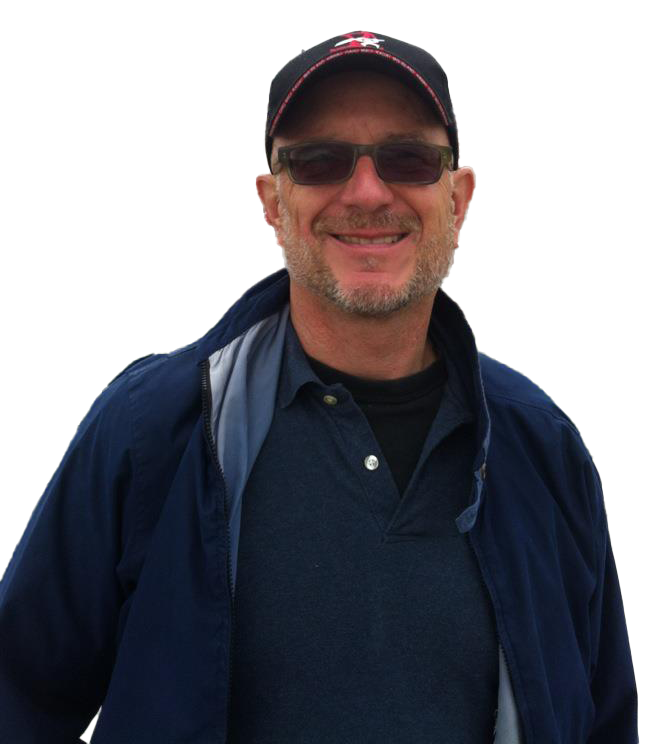


Lord Shiva
A couple of years ago, I wrote in this blog that I was transitioning to retirement but I didn’t feel “all-in” with the life change it implied. I spoke about possessing the luxury of turning up the spigot of work or turning it down as I wished. When I re-read my words now, I’m struck by the realization that the spigot’s flow has slowed for quite a while now and I have no great desire to ramp it back up. In any case, my volunteer work for the Allied Arts Foundation and Volunteer Park Trust has flooded in to fill the kitchen sink of what used to be my billable hours. On some days I feel like I’m a retired person; on other days I feel like I’m still working.
Today I feel retired, with a newly open horizon of free time ahead of me for contemplating and philosophizing. I’ve always had a philosophical bent and now, for once, I have time to indulge that trait. But what does that mean? It means that I’m now ready to search for my Inner Self or my Higher Self, which Hinduism teaches is our essential being.
Hinduism. Several years ago, I devoured Paramahansa Yogananda’s Autobiography of a Yogi, and ever since I have been drawn to what the author and Hindu scholar Linda Johnson calls “the world’s oldest religion.” At the same time, as a Westerner, I’ve been confounded by what appears to be Hinduism’s complexity and contradictions. So many gods and goddesses, so many divine avatars, yet Hinduism teaches that there is only one God and that God is the Supreme Reality.
How can this be? It’s really not so hard to explain. The light of God is so bright that we humans can no more look at it directly than we can look directly at the sun. To approach God, then, we can only gaze at one of the many reflections of God’s eternal light. Hinduism calls those reflections God’s manifestations as Krishna, Kali, Lakshmi, and so many other gods and goddesses.
Another essential teaching of Hinduism is that God resides inside us every bit as much as He/She/It is outside us. God is in us and we are part of God. This formula contrasts radically with Christianity, which tells us that we are separate from God until such time as Christ intervenes to save us. According to Hinduism, if we can find our Inner Self, we have found our Higher Self, and if we have found our Higher Self, we have felt the presence of God inside us.
The Inner Self or the Higher Self is the self that was never born and will never die. It is our immortal being, the being that hides behind our body, which is no more than the fresh set of clothes we originally put on when we were born and that we will later cast off when we die. In the cycle of reincarnation, we will don and discard new sets of clothing countless times as we strive ultimately to reunite with God, to drown our separate individuality in the boundless sea of God’s oneness.
Ever since I was a child, I have felt the presence of a higher self buried somewhere deep inside me, but I have never come face-to-face with it. Now I want to go looking for it, which means looking inside myself. Next step: find a guru who can lead the way, a lamp moving along the path ahead, a lamp I can follow from the darkness into the light. Hinduism teaches that it is not enough to simply intellectualize this higher self: we must feel it to know it. I don’t expect to reach anything close to enlightenment in my current lifetime, but if I can feel it just once before I shed the soiled clothes of my current body, I will die a happy man.

